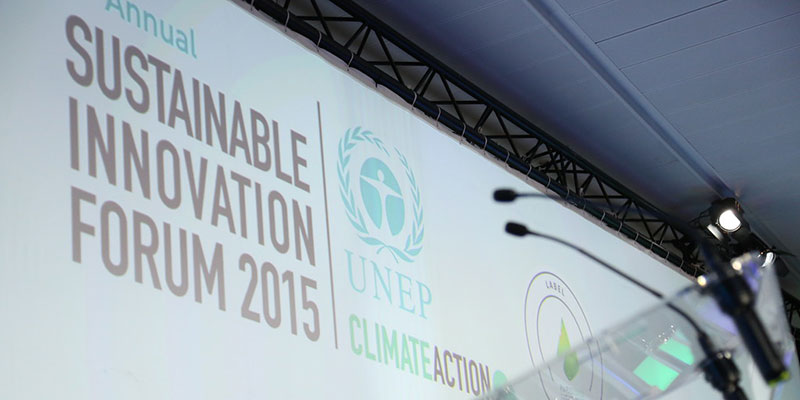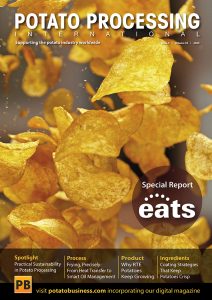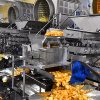BLOG: Climate change – A hot potato

Like most men, I enjoy French fries with my steak or mussels, roast potatoes with my leg lamb roast and mash potatoes with my pulled pork. In fact, I’m quite happily a meat and potatoes type of guy. Hold on, I’m probably just a potatoes type of guy. I even have potato hash browns with my breakfast and I love potato soup. So, as I was sitting nibbling on my fries in a restaurant in Paris last week, I thought of the COP21 and what effect on anything they decided could have on my potatoes.
COP21? It’s shorthand for Conference of the Parties 21, which tells you absolutely nothing. You could call it the 2015 United Nations Climate Change Conference, but that gives you little more than a vague outline of what it is.
COP21 is a gathering of international delegates who are trying to decide the best way to keep the world from getting any hotter. They want to stop the globe getting two degrees warmer by the end of this century. It does not sound like a lot, but two degrees could have serious effect on things like a global increase in hurricane intensity, a worldwide decrease in marine life due to coral bleaching, a global increase in both heat waves and coastal flooding events and a rise in sea levels by as much as 10 feet in 50 years.
As a result, there would be a global decrease in food supply due to changes in rain patterns and, more importantly perhaps, a general destabilisation of the planet’s economic, social and military security.
Now that could have an effect on my potatoes, couldn’t it? And a whole lot more…
Obviously agriculture will be massively hit by climate change. And that point was repeatedly emphasised at the Sustainable Innovation Forum (SIF15) held on December 7-8 as an important part of the COP21 fortnight.
Basically, the world has agreed on how to work together to invest hundreds of billions per year in transforming energy, transport, cities and agriculture to meet global climate change targets. Easier said than done, it appears, as the problem seems to be agreeing on the wording of the document.
The issue remains, however. And, says the World Food Programme, the UN’s food assistance branch, “Without considerable efforts made to improve people’s climate resilience, it has been estimated that the risk of hunger and malnutrition could increase by up to 20% by 2050.”
As global temperatures have continued to rise, the WFP has increasingly warned about the dangers climate change poses to the world’s food supplies and its poorest citizens. And delegates spoke of agricultural disasters looming.
It was well summed up by Nick Henry, CEO of Climate Action, who said: “Climate change not only presents the single largest threat to mankind, it also creates the greatest economic opportunity since the industrial revolution. Trillions of dollars will be spent in the next decades to develop a global green economy that creates long-term energy, food and water security and green jobs in the process”.
But until a reduction in fossil fuel use is achieved, the goal of dropping world temperatures will be hard to achieve.
Until then, agriculture – and my potatoes – faces an uphill battle.















